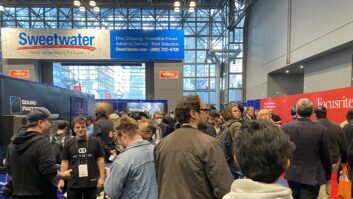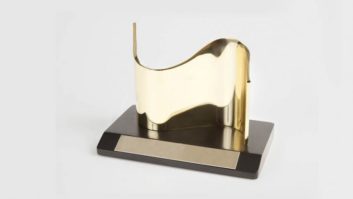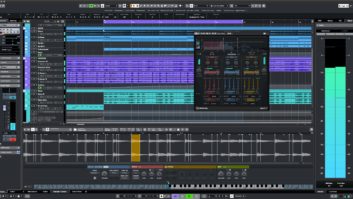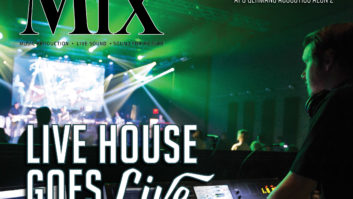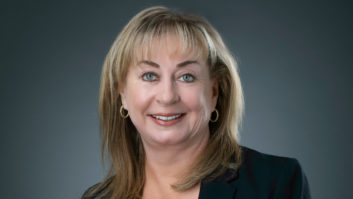I was introduced to a couple of remarkably disparate yet somehow similar experiences in audio education on the path to this month’s issue. In their own way, each epitomized the importance, and the variety, of audio education today, as the industry settles down from the explosive growth and, some would call it mayhem, of the go-go, for-profit expansion of the past decade.
My first stop was Vincennes University, “Indiana’s first university,” founded in 1801 along the banks of the Wabash River by the ninth U.S. president, William Henry Harrison during his term as governor of the Northwest Territory. My lifelong friend and music festival buddy Dave Tucker grew up there, his mother a celebrated music teacher at the school for decades, and today he holds a relatively high-ranking administration post in charge of all programs outside the physical campus. These range from national general education training for U.S. Navy vets and active service personnel, to machine and robotics training for specialized fields in manufacturing, to intensive programs for training Amazon warehouse staff in machine control. He’s also in charge of more than 90 statewide Meals on Wheels programs.
So on a Tuesday morning in September, we made the early morning drive from Bloomington, down I-69 before branching off to the two-lane highways and slow rolling fields that dominate the southern part of the state, so that I could talk to students. There I met Virgil Franklin, assistant professor and program chair of the audio recording department, for a tour.
Technically, VU would be considered a community college, though it’s a vocational school and full-blown university, as well. It offers six Bachelor’s Degrees, 108 Associate Degree programs and 57 Certificate courses. Audio students, after roughly two years, receive an Associate Degree Applied Science in Audio Recording. As it is a music school too, the program leans more heavily toward live recording and performance. There is a beautiful theater in the Skelton Center (yes, Red Skelton was raised in Vincennes), and the school is within the mass communication department, offering media and broadcast studies to boot.
The audio recording facilities are what you would expect, with labs and classrooms, recital spaces, three full-blown recording studios, and remote packs for on-site recording. The studios are well-equipped for recording, geared for band projects, while the labs tend to emphasize composition. Virgil, a musician, touring artist and former public school music and band teacher from the neighboring county, has himself written more than 30 scores for mid-budget horror films.
Virgil and his wonderful enthusiasm aside, it was the students that grabbed my attention. They are there because they want to be there. They know the realities of the market, and they don’t have much money to spare. But they want a career in production, and they will work hard for it. I have no doubt they will find success.
Then, just a few weeks later, I am on the phone with Jonathan Newkirk, Dean of School of Industry Studies and Program Chair of Audio Engineering at Musicians Institute in Hollywood, right at the corner of Sunset and Highland. It couldn’t be further removed from Vincennes in terms of daily life.
Related: Learning at Live House—Musicians Institute Opens Stunning Venue for Students, Streamers and Rock ‘n’ Rollers, by Tom Kenny, Oct. 29, 2018
MI is a for-profit school founded in 1977, originally for guitar training. Over the years, it grew organically to include other instruments, other art forms, and of course, audio engineering and production. Last month, MI opened Live House, a $7 million dollar complex designed to both teach students the ins and outs of every job in live sound, along with a symbiotic course load in business and performance. MI wants to teach the whole student the whole package. Again, the students are hungry. They’re there because they want to be there.
Live House is featured on this month’s cover, with a Yamaha-NEXO audio package, full-blown lighting rig, hi-res broadcast and streaming systems, and a location to die for. The venue/classroom is expected to make it on its own as a business entity, though the students reap the ultimate benefits.
Audio education can take many forms, and all are valid as long as the emphasis is on meeting the needs of the student. The connection to industry and training that I witnessed is part of a nationwide trend toward developing practical skill sets. These two audio schools, along with many, many others, seem to be doing things right.
